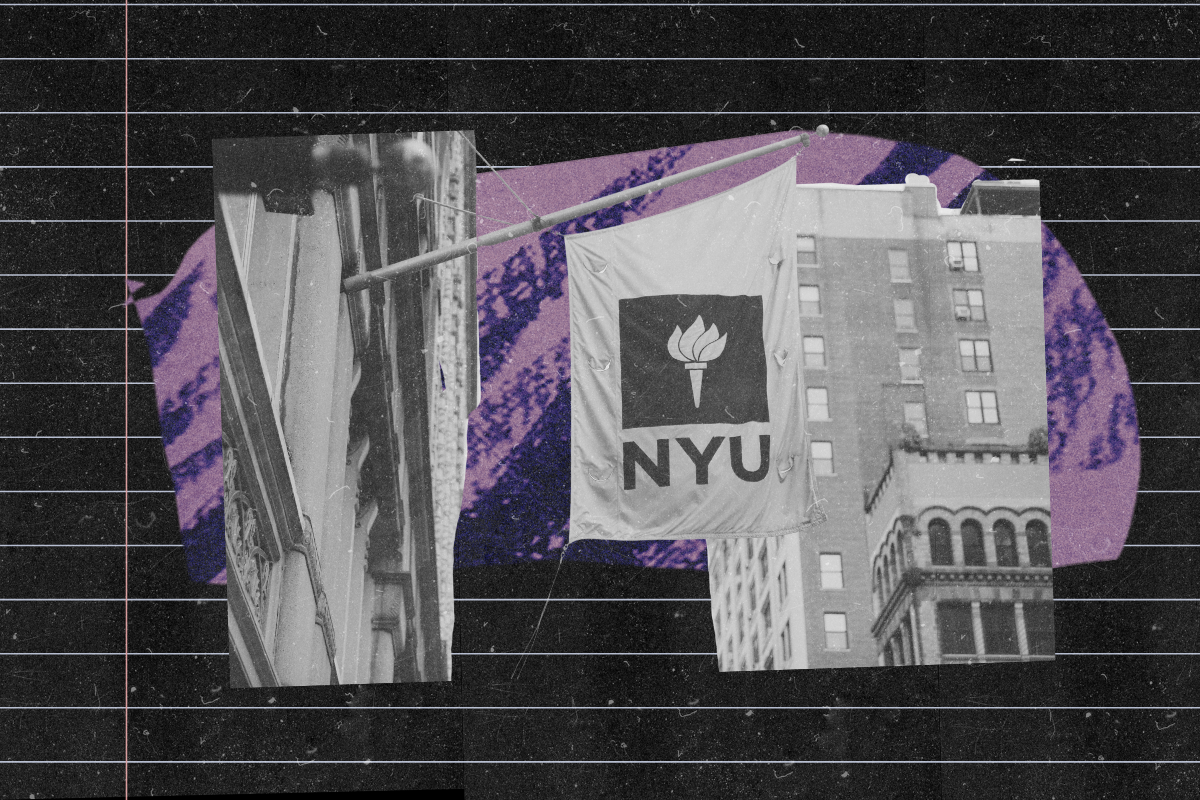This essay is part of Hey Alma’s series on what it’s like to be a Jewish college student in response to October 7, the 2024 Israel-Hamas war and campus protests. Click here to read the full range of voices.
I was arrested on the first night of Passover at the encampment on my college campus. It made for an overwhelming and meaningful way to honor the holiday.
On April 22, I went to NYU’s newly constructed encampment after class, excited to support the students working to keep our university accountable for its role in the ongoing violence. The massive crowd at Gould Plaza, made up of NYU students, faculty and staff and other New Yorkers supporting the cause, gave me such joy. I chanted and jumped and danced, feeling the incomparable energy of a group of people drawn together by anger and compassion. Yes, we were all deeply angry with the NYU administration and our government, but we were also driven by empathy for those who have had everything taken from them.
Ultimately, the school administration would describe our chants as “intimidating” and the community gathering as “disorderly, disruptive and antagonizing.” NYU called in the cops, who arrived in a swarm like the eleventh plague. I held hands with my fellow protesters, encircling the camp, as the police arrested line after line of faculty and students linking arms. As they wrenched our hands apart, one officer, equipped with a gun, taser and baton, urged me to be more compliant, asking, “Isn’t this supposed to be a peaceful protest?”
Though it is not how I planned to observe Passover, getting arrested with 150 members of my community taught me more about the holiday than a Haggadah ever has. As I was bound in zip-ties for more than 5 hours, with my wrists and shoulders aching and a lot of time to think, I kept in mind all the students in Gaza who, unlike me, would not be able to return to their studies tomorrow. I reminded myself of the immense privilege of feeling uncomfortable but not unsafe, knowing that as a young white woman I was much less likely to be harmed by the NYPD. I thought about all the families trying to survive immeasurable loss, holding on tightly to their loved ones and their culture, praying that one day the violence will end and they will create space for their descendants to build safer, more joyful lives. My ancestors did the very same thing in Egypt, fighting oppression for my possible freedom and happiness.
This experience has given me complicated feelings about NYU’s campus. It is the place that brings together all of these incredible students who are working tirelessly because they care so much for others, the place where we gather and connect over our outrage and desire to build something better. It’s a place where I can participate in Jewish observances free from Zionism. But now I am keenly aware that it is also a place that doesn’t want to hear my opinion if that opinion threatens profits. Passover is over but this struggle is not, and I think students are more ready than ever to insist that our campus exists for us and not for the university’s financial bottom line.
— Kira Carleton from Brooklyn, NY; NYU Steinhardt School of Culture, Education, and Human Development, Master’s Student, Class of 2025



